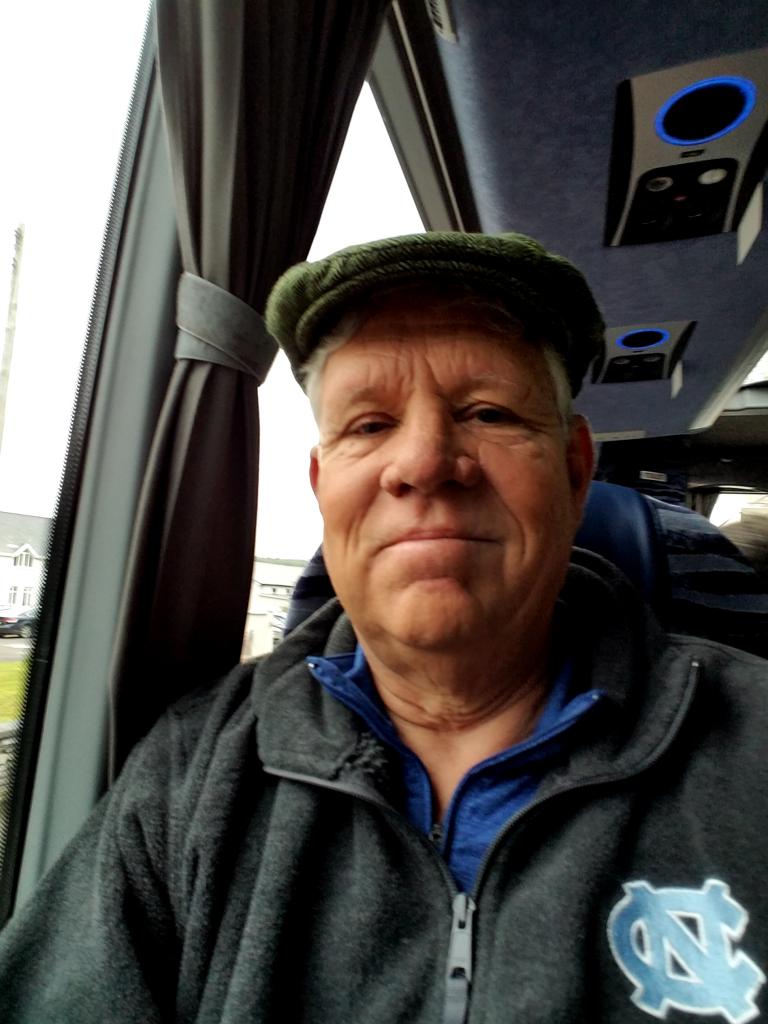I take it as given that the Founding Fathers thought it was fine for private citizens to have rifles for hunting and pistols as well (including in some cases for dueling). But there is some nuancing to what they thought about this matter that few if any guns advocates seem to have paid attention to. One of the big problems of gun advocates is they frequently take the Founding Fathers remarks out of context, which the following evidence will demonstrate. For instance, let’s start with George Washington.
“George Washington saw some limitations on the role of militias. As Edward Lengel, editor in chief, of the Papers of George Washington project at University of Virginia, said in this interview to Politico:
“Indeed, during the (Revolutionary) war he very frequently lamented the crimes carried out by armed civilians or undisciplined militia against their unarmed neighbors. The solution to these crimes, as he understood it, was to increase the power of the government and the army to prevent and punish them — not to put more guns in the hands of civilians.”
[My comment on this is Amen to that!]
“Washington also said that:
“A free people ought not only to be armed, but disciplined; to which end a uniform and well-digested plan is requisite; and their safety and interest require that they should promote such manufactories as tend to render them independent of others for essential, particularly military, supplies.”
“Usually, only the first part of this quotation is used – “A free people ought not only to be armed, but disciplined”. It’s clear that Washington is again talking about citizen soldiers and the need for them to be disciplined and organized, with a plan and concern for safety. It’s doubtful he meant a climate where guns are freely available in 24-hour megastores.”
“Ben Franklin said this:
“Those who would give up essential liberty to purchase a little temporary safety deserve neither liberty nor safety.”
While it appears to mean something else, this often-invoked quote actually defends the power of a state legislature to impose tax in the interest of collective security. It’s not really about the gun issue at all, but very often appears on self-serving lists of quotes that are used by various activists. This illustrates the danger of reading too much into the words of admittedly great, but long-since-dead people to address the modern issues we, the living, face.
Thomas Jefferson wrote this into the 1776 draft of the Virginia Constitution, the first such document of a state declaring their independence:
“No free man shall ever be debarred the use of arms.”
“That seems pretty cut and dry until you consider that the second and third drafts of the same document added “within his own lands or tenements” to the sentence. It seems Jefferson seriously considered that there should be some limitations on the individual’s right to gun ownership. It makes sense to own a gun for self-defense on your own property, but a different set of issues comes up when this gun is taken into public space.
“It is safe to say the Founding Fathers definitely saw a role for guns in fighting against or avoiding tyranny (based on their own example and the weaponry available in their day). They also were not the unequivocal, loud gun rights advocates that some would like them to have been. They were, as we’d like them to have been, wise.”
All of this post except the opening paragraph and my Amen in square brackets comes from a very fine article by Paul Ratner, which I am simply copying excerpts from here. You can find the full, carefully nuanced discussion at http://bigthink.com/paul-ratner/what-americans-founding-fathers-thought-about-guns.













